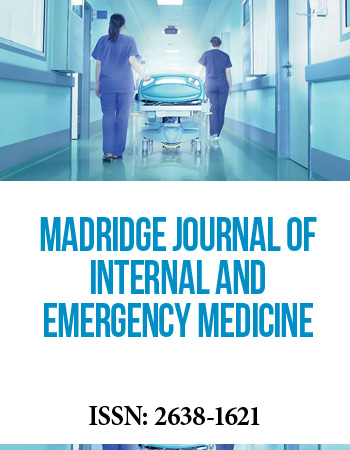International Translational and Regenerative Medicine Conference
April 25-27, 2018 | Rome, Italy
Health Benefits of Date Palm Phytochemicals: Carotenoids, Polyphenols, and Phytosterols
University of Helsinki, Finland
Date palm (Phoenix dactylifera L.) is widely grown in the hot arid regions, and provides nutrition, as a staple food for centuries, food security, and raw material to the food industry. Even though date fruits are rich in nutrition, minerals, sugar and phytochemicals and its global market share is extremely low. Date fruit is a rich source of sugar, nutrients and pharmaceutical secondary metabolites, and provide 3150 calories per kilogram, and contain a high percentage of carbohydrate (total sugars, 44/88%), fat (0.2 /0.5%), 15 salts and minerals, protein (2.3 /5.6%), vitamins and a high percentage of dietary fibre (6.4 /11.5%). They contain calcium, magnesium, phosphorus, potassium, iron, zinc, copper, manganese, selenium, vitamins A, A1, B, B1, B2, B3, B5, B6, and C as well as a variety of amino acids. The seeds contain aluminum, cadmium, chloride, lead and sulphur in various proportions. Date fruits have protective property against chronic diseases, which is attributed to phytochemicals. They have antioxidant activity, cholesterol-lowering properties, chemoprevention of cancer, prevention of diabetes, and cardiovascular diseases. Date fruits contain many classes of bioactive components including carotenoids, polyphenols especially phenolic acid, isoflavons, lignins, and flavonoids, tannins, and sterols. In date palm cultivars, phytosterols are in abundance in shoot tips and pollen grains, calli and somatic embryos Thin layer chromatography revealed a number of phytosterols including cholesterol, beta-sitosterol and stigmasterol, which are beneficial as anti-inflammatory, anti-atherogenicity, and anti-cancer Fresh date fruits are an excellent source of energy and remedy for alcoholic intoxication, stimulation of the uterus by regulating contractions, and treatment of constipation, However, more detailed work is needed for the identification, characterization, and quantification of phytochemicals in different date varieties at different stages of fruit ripening; systematic studies on the date health benefits and hardly recognized as a healthy food, and this aspect will be highlighted.
Biography:
Dr. S Mohan Jain received M. Phil, 1973 and Ph.D., 1978, Jawaharlal Nehru University, New Delhi, India. He was postdoctoral fellow in Israel, and USA; visiting Professor in Japan and Italy; Technical Officer, International Atomic Energy Agency (IAEA), Vienna, Austria, 1999-2005. He is a consultant, serves on the editorial Board of several international journals; published 150 papers in peer reviewed journals, book chapters, and conference proceedings, and edited 50 books; invited speaker and acted as a Chair person in several international conferences worldwide. He was awarded Nobel Peace Prize, 2005, in commemoration the awarding to IAEA of the Nobel Peace Prize for 2005.


